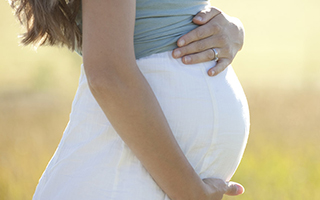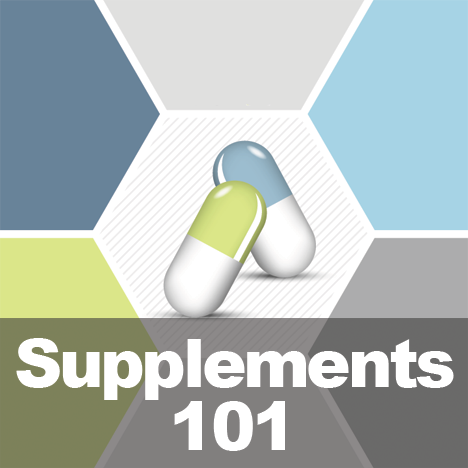 A new study in Pediatrics – a highly respected medical journal – reveals that infants lacking in vitamin D at birth are at an alarming 6 times higher risk for getting respiratory syncytial virus (RSV) during the first 12 months of life.
A new study in Pediatrics – a highly respected medical journal – reveals that infants lacking in vitamin D at birth are at an alarming 6 times higher risk for getting respiratory syncytial virus (RSV) during the first 12 months of life.
RSV typically causes mild cold symptoms in adults and older children. Conversely, it can cause severe problems in infants, such as pneumonia and severe breathing problems. In extraordinary cases it can even lead to death. According to statistics, premature infants and babies with other health problems have the highest risk. An older child with RSV may suffer a fever, nasal congestion, and other cold symptoms. RSV is contagious and can easily be spread from person to person by use of infected surfaces (such as toys). Currently, there is no vaccine for this virus.
According to the new study, vitamin D ingestion during pregnancy will aid and most likely help to avoid an extremely frequent, severe disease during babyhood.
It is stated that in most cases almost all children get the virus by the time they reach age 2, but merely a few develop severe sickness.
In the US each year, some where between 75,000 to 125,000 infants (under 12 months of age) are hospitalized annually due to RSV. Some get bronchiolitis (inflammation of small lung airways), while others suffer from pneumonia (inflammation of the actual lungs themselves). Of this statistical number, nearly 50% of these children leave the hospital with symptoms mocking asthma.
The study was practiced in the Netherlands, and it is remarked that US women would most likely test the same. The study observed just over 150 newborns there. It found a strong connection between cord blood vitamin D levels and women taking vitamin D3 supplements all through their pregnancy. About 50% of the newborns had low vitamin D levels, and 18 of those developed RSV before their first birthday. Now, only 46 percent of these women taking part in the study stated that they took vitamin D supplements during pregnancy.
Currently, research is underway (including trials) to determine (based on this new showing) the proper amounts of vitamin D women will become advised to take. Understand however that prenatal vitamins contain vitamin D, but because of this new study, the amounts may become increased. So, take your prenatal vitamins and be sure they are of the highest quality and contain high amounts of vitamin D. Be on the lookout for recommended dosages to change, as of yet, they have not.
Worth mentioning to this vitamin blog’s readers: This study took into thought the seasons in which the women were pregnant. Researchers also looked at giving the babies vitamin D supplements after birth. Neither situation had any effect on the conclusion.




